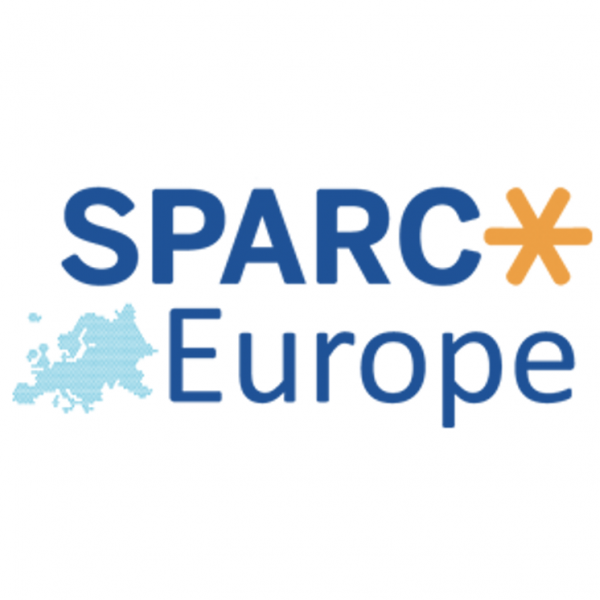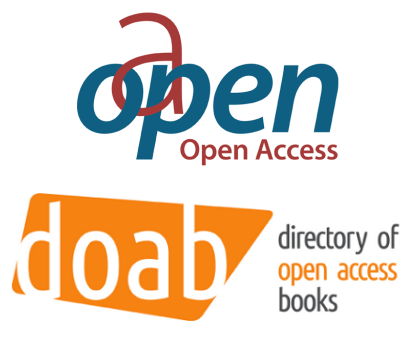Financial Supports
Université Grenoble Alpes supports the TSOSI project, dedicated to the transparency of funding for open science infrastructures. Find out more about UGA’s fundings in TSOSI: https://tsosi.org/entities/02rx3b187.
The financial support provided by the university is also published on this page.

Developed in 2001 by the Centre for Direct Scientific Communication (CCSD) of the CNRS, HAL is the national open archive. It aims to make scientific publications more accessible and widely available.
Financial supports:
2023: € 18,000
2024: € 18,000
2025: € 18,000

OpenEdition is a platform for publishing Humanities and Social Science research, created by the Center for Open Electronic Publishing. It includes journals, books, research notebooks, and announcements of scientific conferences.
Financial supports:
2023: € 5,519
2024: € 5,739
2025: € 6,208

The Directory of Open Access Journal promotes scientific journals that publish exclusively in open access and that meet internationally recognised editorial quality criteria..
Financial supports:
2023: € 650
2024: € 600
2025: € 500

PeerCommunityIn is a non-profit organisation of researchers that offers peer review and the publication of scientific articles in open access, free of charge. Seventeen scientific communities are present in 2024.
Financial supports:
2022: € 2,000
2023: € 2,000
2024: € 2,000

SciPost is a non-profit organization dedicated to the development, implementation and maintenance of innovative forms of scientific communication and publication, and operates the scipost.org platform, which brings together 12 scientific journals.
Financial support in 2023: € 12,500 for 4 years

The Scholarly Publishing and Academic Resources Coalition (SPARC) is an international alliance of academic and research libraries, established by the Association of Research Libraries in 1998, which promotes open access to research.
Financial supports:
2023: € 640
2024: € 800
2025: € 500

OAPEN is an open infrastructure dedicated to promoting and supporting the transition to open access for books. The Directory of Open Access Books (DOAB) is an open, global, and trusted community-driven discovery service that indexes and provides free access to scholarly, peer-reviewed open access books.
Financial support:
2025: € 500
Participations in governance
Recherche Data Gouv
The UGA is a member of the Research Data Gouv steering committee. Launched in July 2022 and announced in the French National for Open Science 2021-2024, Research Data Gouv is a national ecosystem for sharing and opening up research data. It provides researchers with an interdisciplinary warehouse for disseminating research data, as well as support via thematic reference centres and data workshops. The Codes Data Grenoble Alpes Office has also been awarded the ‘Atelier de la Donnée’ label.
European Open Science Cloud
UGA is an observer member of EOSC. As part of Horizon Europe’s Open Science programme, EOSC offers the research community a set of services to implement the FAIR principles of research data management. The EOSC portal provides access to services, repositories and infrastructures made available in Europe for researchers.
Research Data Alliance
UGA is a member organisation of the Research Data Alliance (RDA), an international, interdisciplinary organisation whose mission is to develop best practices for data management in all communities throughout the entire data lifecycle. It is organised into think tanks that bring together all those involved in data management, including researchers, engineers and scientific and technical information professionals. The RDA offers resources, tools and standards to facilitate the management, sharing and reuse of data.
Declarations, coalitions and signatures
Declaration of Barcelona, 2024
The Barcelona Declaration on Open Research Information aims to make information about scientific activities and outputs more open. This enables science policy decisions to be based on transparent evidence and complete data. It makes the information used in research evaluations accessible and verifiable to those being evaluated. Finally, it enables the global open science movement to be supported by fully open and transparent information’.
Coalition for Advancing Research Assessment, 2022
The Coalition for Advancing Research Assessment (COARA) is based on ten commitments that define a shared approach to implementing qualitative, rather than solely quantitative, research assessment.
Jussieu Call for Open Science and Bibliodiversity, 2017
The Jussieu Call promotes alternative publishing models. It calls on research institutions and their libraries to allocate part of their acquisitions budget to develop new forms of public, open scientific publishing in order to promote bibliodiversity.
Declaration on Research Assessment, 2012
The San Francisco Declaration on Research Evaluation (DORA) promotes research evaluation based on qualitative rather than quantitative criteria, such as impact factor and H-index. It draws attention to the biases and limitations of the dominant impact factor and urges research evaluation to focus on the content of research rather than publication lists.

